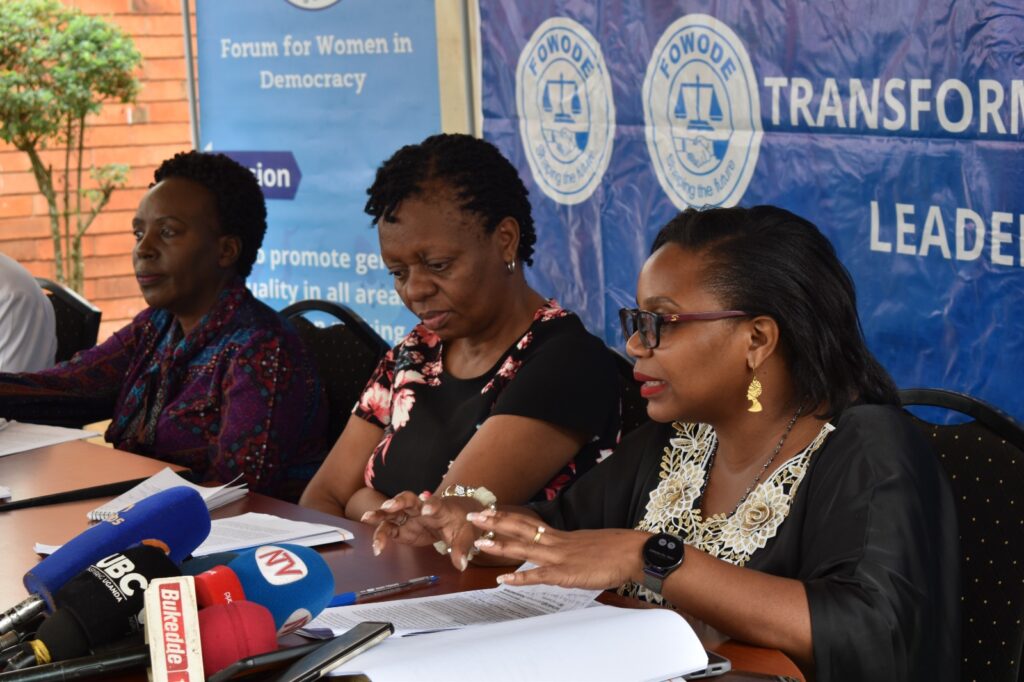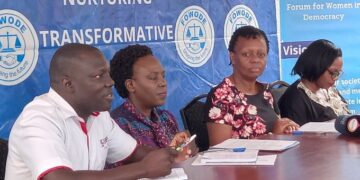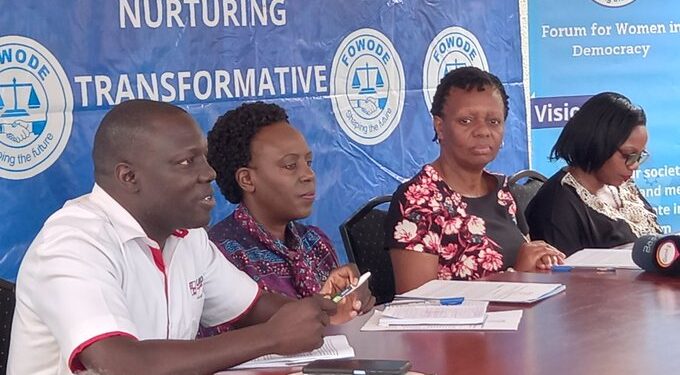Forum for Women in Democracy (FOWODE) and the Civil Society Organisation (CSO) community on Wednesday dug into the FY2023/24 budget cuts, warning of possible setbacks in service delivery.
The Minister of Finance will unveil the budget on Thursday, June 15, 2023.
FOWODE Executive Director, Patricia Munabi, said the approved annual budget estimates for FY2023/24 indicate that the health sub-programme is set to suffer a UGX 181.6bn budget cut as compared to the FY2022/23 budget.
She said adequate staffing levels are a key element for ensuring effective healthcare delivery.
“As such, the FY2023/24 budget strategy highlighted some key gaps that needed to be addressed. These included an overall health system staffing gap of 35%, lack of blood transfusion services in at least 87 HC-IV’s and insufficient Comprehensive Emergency Obstetric and Newborn Care at the Health Centre-IV level caused by staffing gaps and inadequate equipment,” she told journalists at FOWODE offices in Ntinda on Wednesday.
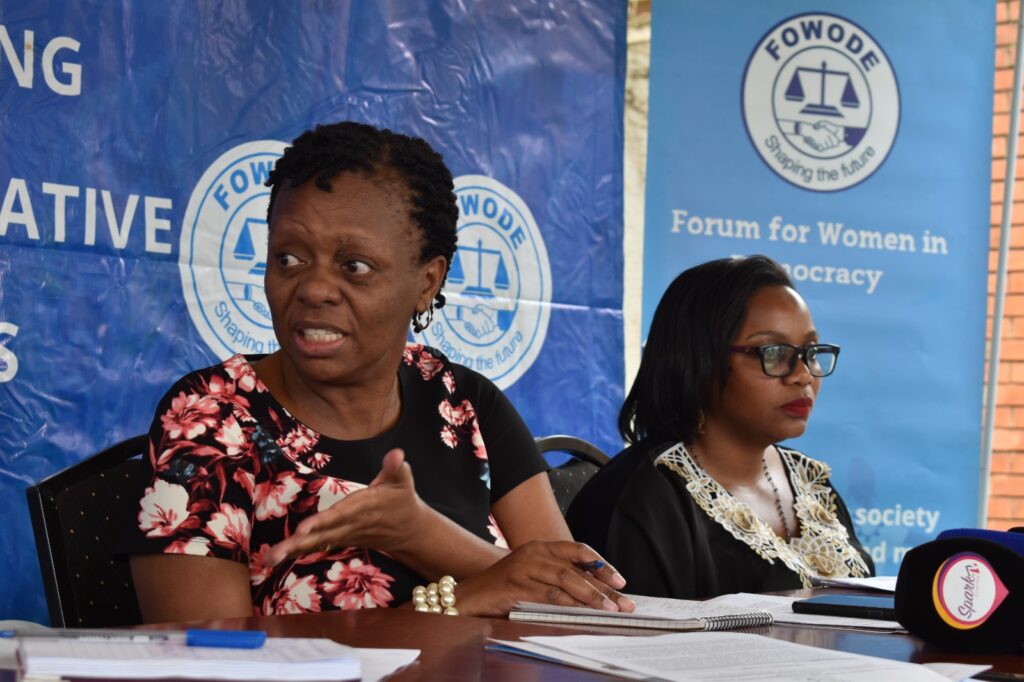
She added: “In spite of the highlighted gaps, the FY 2023/24 National Budget Framework Paper (NBFP) indicated that the wage bill for the delivery of Primary Health Care will be cut by UGX 3.483bn (from UGX 751.822bn in FY 2022/23 to UGX 748.339bn in the FY 2023/24).”
These budget cuts, she noted, come amidst an already escalating Human resource crisis with non-deployment of Medical Pre-Interns, salary delays for health workers, and already striking nurses in some health facilities (a strike by all health workers in Kawolo Hospital announced on 12th June 2023).
According to her, the absence of health staff disproportionately affects women and girls who have been found to heavily rely on public service delivery due to their weaker economic standing and gender roles.
“These gaps disproportionately affect women, especially in rural areas, who completely rely on public health service delivery. The Ministry of Health (MoH) also needs to develop and submit a costed human resource plan elaborating how it intends to progressively cover the highlighted human resource gaps to the optimal levels that were set in the NDP-III framework,” she added.
Hon Kabahenda Flavia Rwabuhoro, the Woman MP for Kyegegwa district, said it was unfortunate that the government has abandoned Gender-Based Violence (GBV) shelters to CSOs.
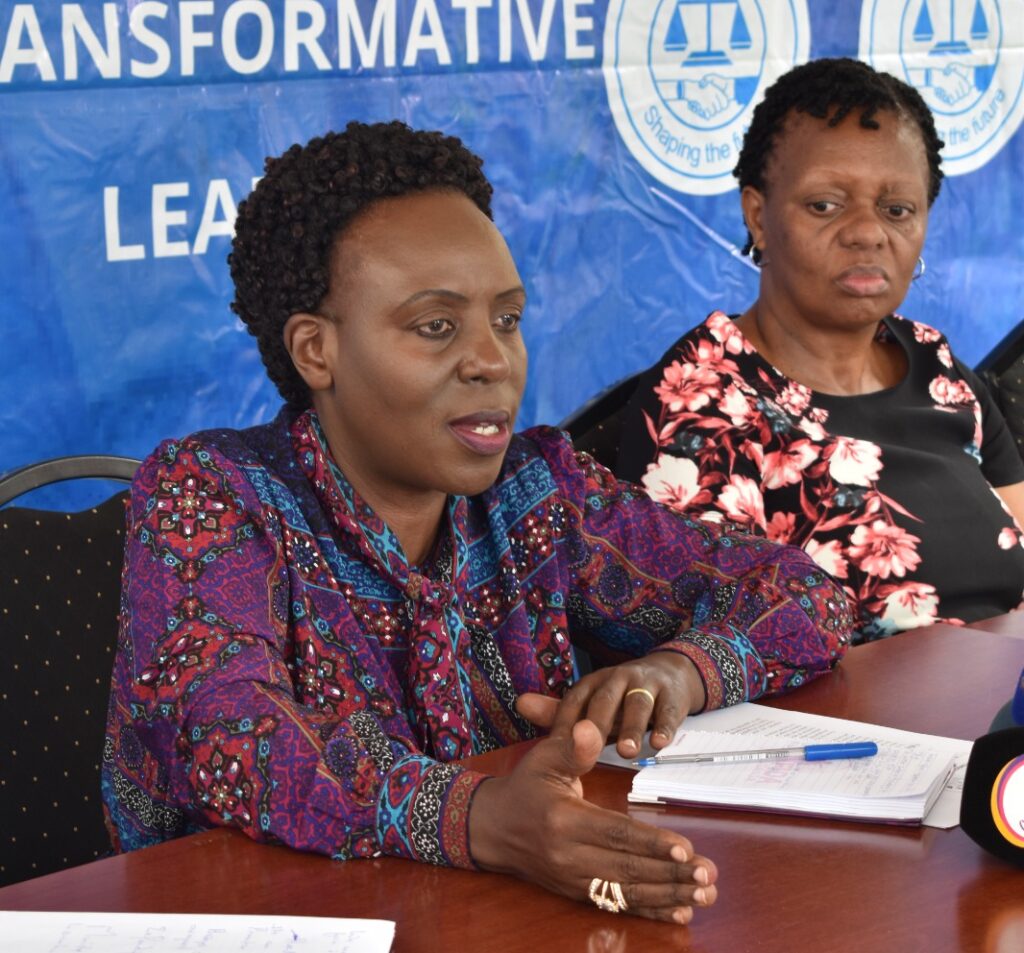
“Worse still the Child and Family Protection Unit is grossly underfunded as Oxfam withdrew their support. I call upon the government to finance initiatives that address the SGBV needs of Ugandans. As Parliamentarians, we should reject all supplementary that don’t include components of health,” she noted.
“We need to address the challenge of striking interns in public health facilities because this internship is part of their educational journey and it disproportionately affects women and girls the most.”
According to Hon Kalule, another challenge that needs addressing is corruption.
“The beds that were procured for Covid patients at Namboole are no longer available. This points to a leadership that does not think about the future.”
On his part, Peter Echeru from the Center for Health, Human Rights and Development (CEHURD), said health financing remains a key issue when facilities lack medicine.
“There’s a huge gap of about Shs240m that would boost access to high-quality medical services for all Ugandans. We can’t say we have no money to put into social service delivery, we have tax exemptions to the tune of Shs7bn.”
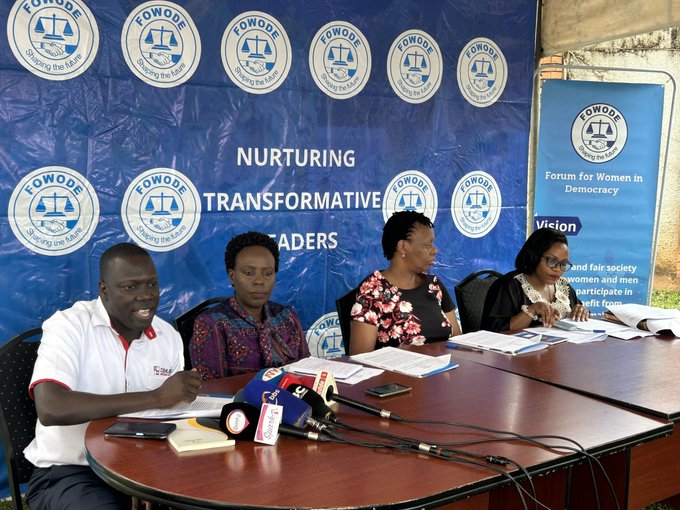
He said an increment in health financing will enable increased access to medicines in public health facilities.
Hon Nabagabe Kalule Flavia, the Woman Member of Parliament Kassanda District, said the FY 2023/24 cut on health and education sector financing potentially undermines all efforts to achieve gender equality in Uganda.
“Recently in Parliament, there was a crazy motion to tax adult pampers that are used by sick people in hospitals. Taxing products like pampers (both for children and adults) shows that we have members of parliament who are out of touch with the reality and actual needs of the people.”
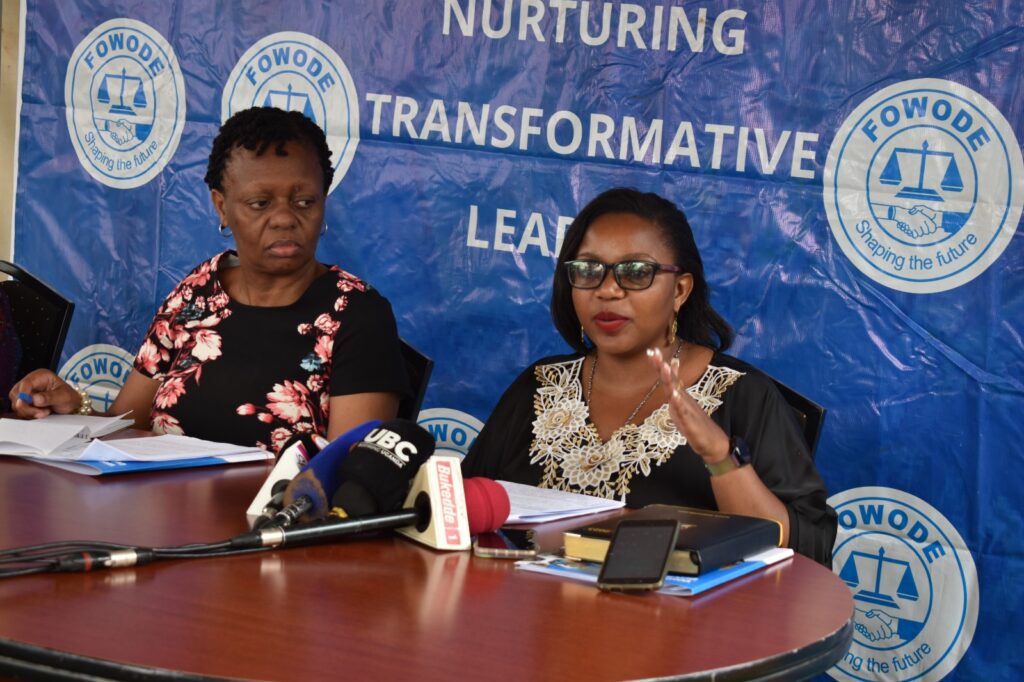
She said that as a minority group in Parliament, they moved proposals to reduce financing to the State House, the office of the Government Chief Whip and other offices to ensure that such unnecessary expenses are channelled towards service delivery.
She said the government needs to fully fund the gender unit under the education ministry in order for the unit to fulfil its mandate.
She recommended that the government fully funds the costed strategic plan of the gender unit under the Ministry of Education to eliminate/reduce the gender inequalities that have persistently failed the achievement of sector and development plan objectives, as well as SDG 4 targets.
